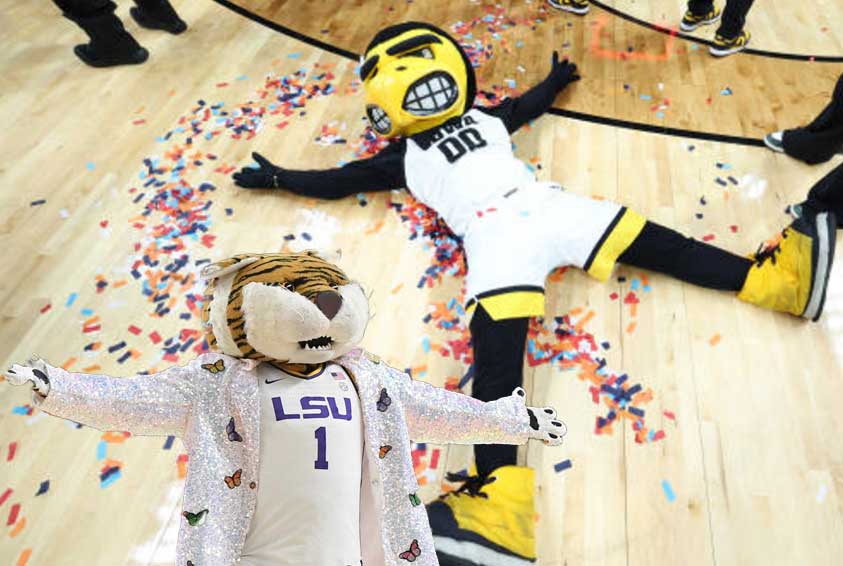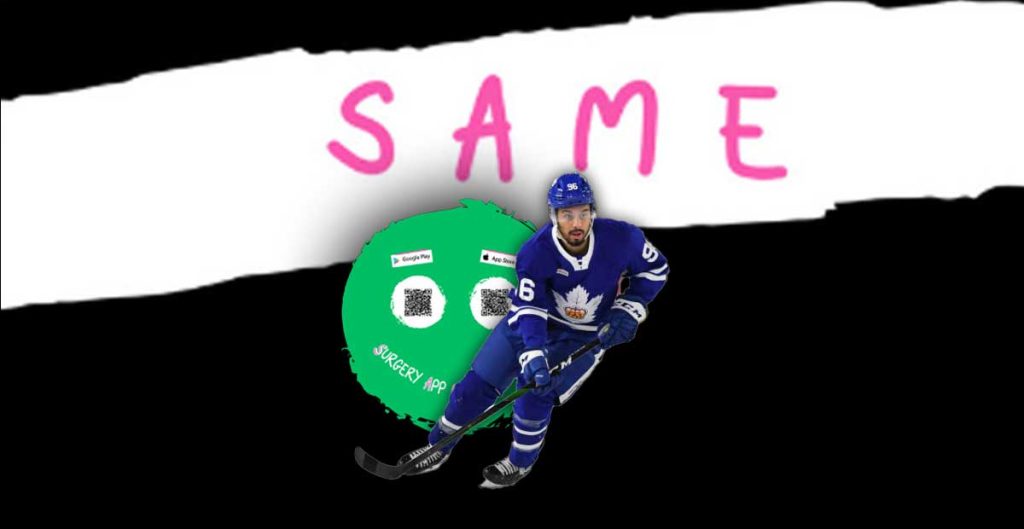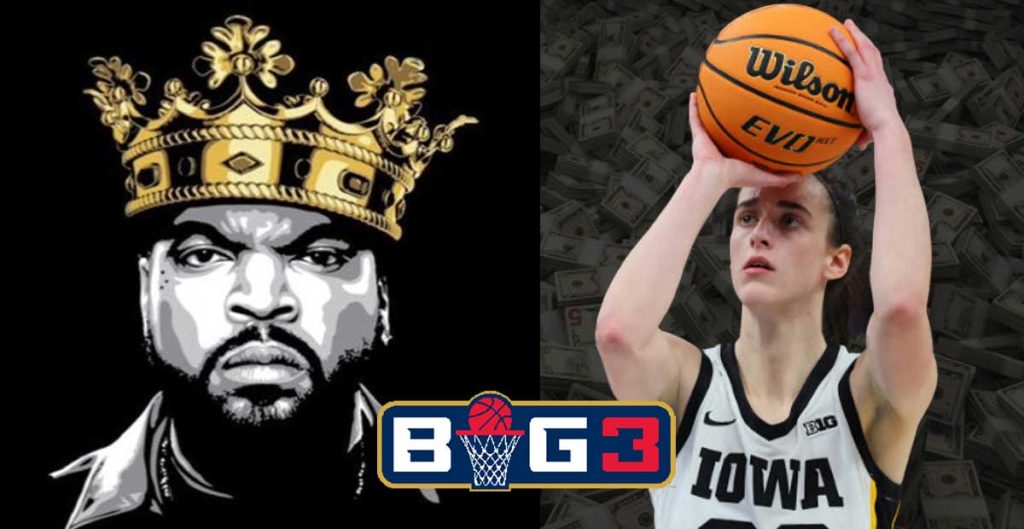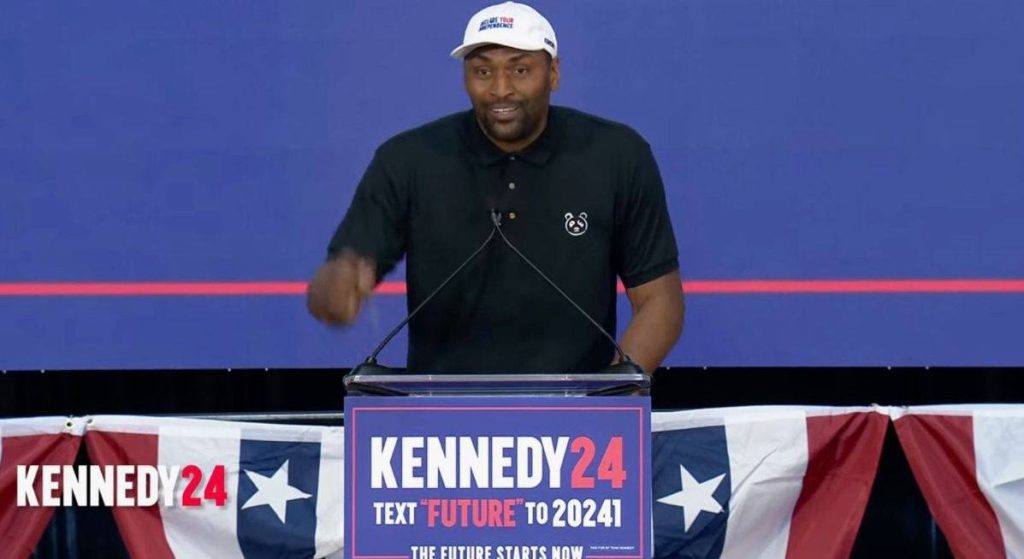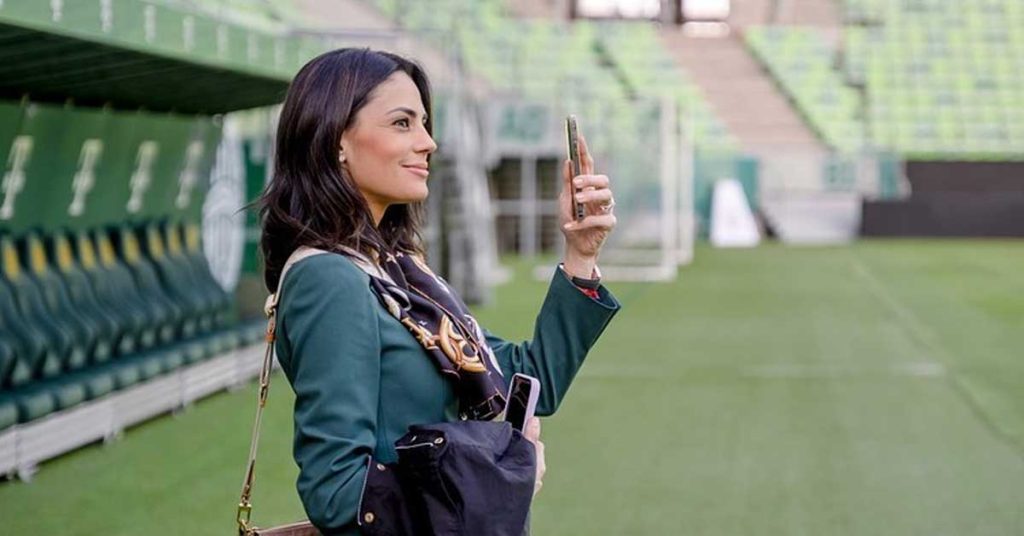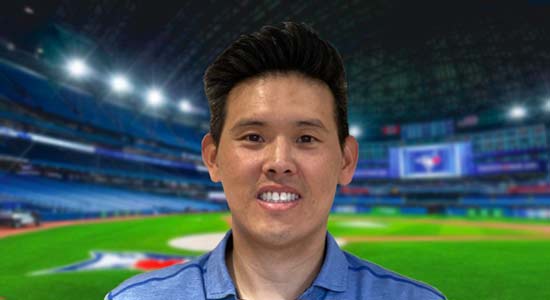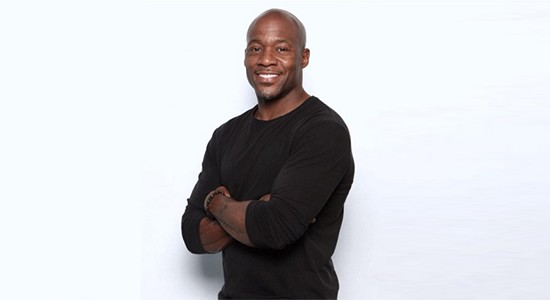
Creating Good Habits & Using Willpower Works Better Than Motivation Says Performance Psychologist Sly Walters
Sly Walters | Performance Psychologist | Sly Walters Mental Performance

Motivation is overrated and doesn’t work for everyone. Creating good habits and using willpower works better than motivation. Most of the world is not ready to hear that.
Sly Walters
Performance Psychologist
Sly Walters Mental Performance
Before we begin, give us a little update on how your job has changed since the World Health Organization (WHO) declared COVID-19 a global pandemic.
I’m used to sitting in front of someone and asking them questions.I’m also used to speaking to large groups of people/athletes, now this is done online.
This is tough and very challenging because I like to feel the energy of the people and now that’s not possible… sharing energy is a great way for us to communicate, it allows us to use our 6th sense and connect on a whole other level.
I believe the situation will pass… eventually and things will going back to our old normal.
Tell us about your role as the Performance Psychologist of the Sly Walters Mental Performance.
A performance psychologist traditionally looks to better athletic performance through specially designed techniques and clinical counseling, normally working with athletes after an injury or before a major competition… or big game, mentally. I do this a few times a week.
I’m also certified to train athletes physically which makes what I do a lot different. I work with athletes physically everyday and build them up psychologically… ALL my athletes are psychologically tough because I’m always working on their mental states.
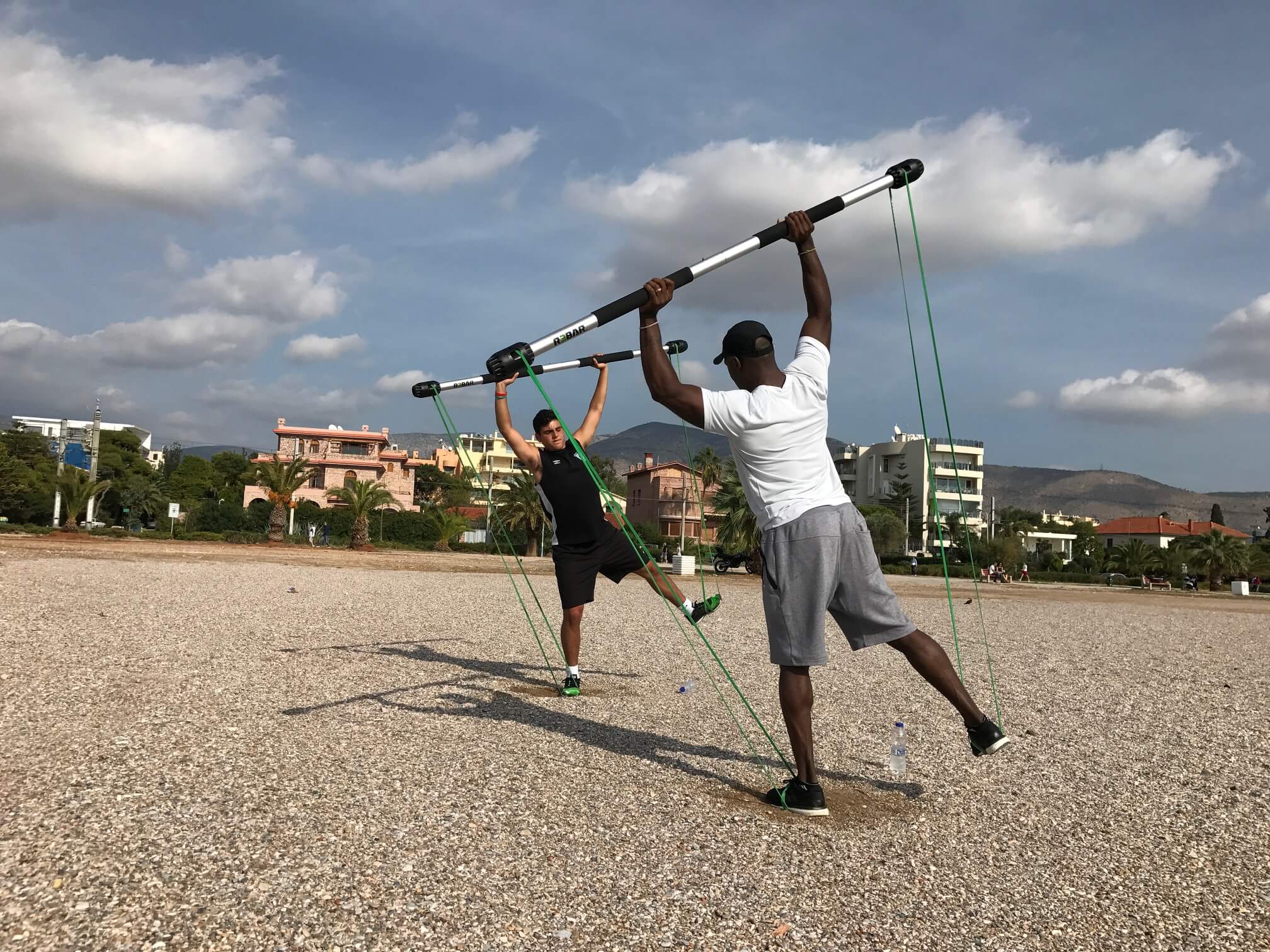
How did you know that this was the area in which you wanted to work? What led you to this path?
When I played sports I spent a lot of time training and practicing to get to the next level. My mentality was “this rep/drill is going to be better than the last one”, that would play over and over in my head.
Fast forward… I started this journey as a trainer working with some high profile swimmers, and some not some highly regarded swimmers and other athletes. I was very interested in why some athletes made it and why some didn’t. As I started analyzing all the athletes I touched I noticed the difference was mental for the most part, this led me down the path of learning and teaching athletes mental toughness.
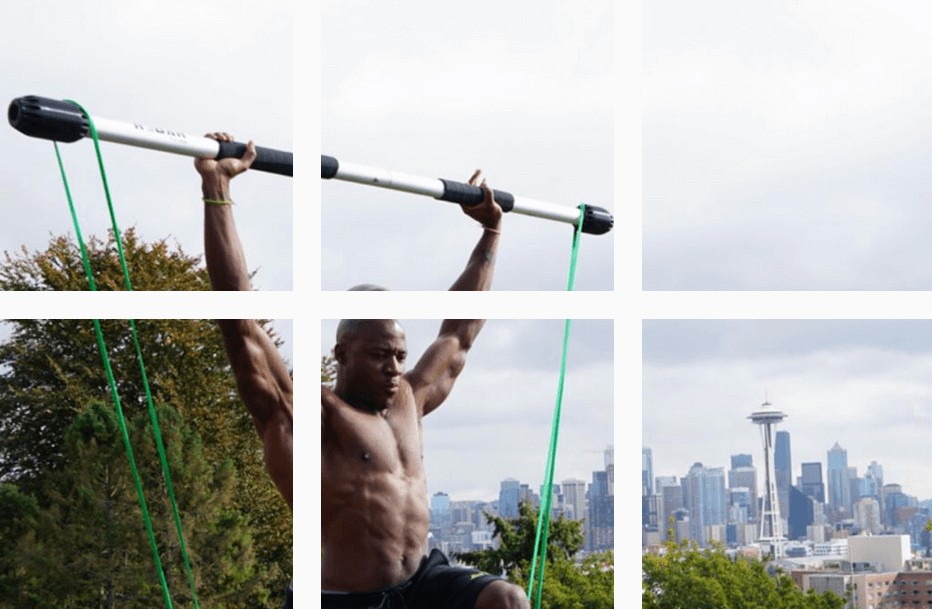
What are the most rewarding and the most challenging aspects of your role?
I’m thankful for all the athletes and parents that choose to work with me. When these young athletes notice a difference in their game it makes me happy. They all see improvements both physically and mentally. What gives me the most satisfaction is seeing one of my athletes sign a pro contact, or post a best time in the pool, that feels good knowing I had a hand in their development.
On the other hand the most challenging aspects is watching a young athletes struggle when they don’t have too. Getting someone to adapt new habits is tough when they can’t see past their deficiencies, they don’t understand that change is necessary.
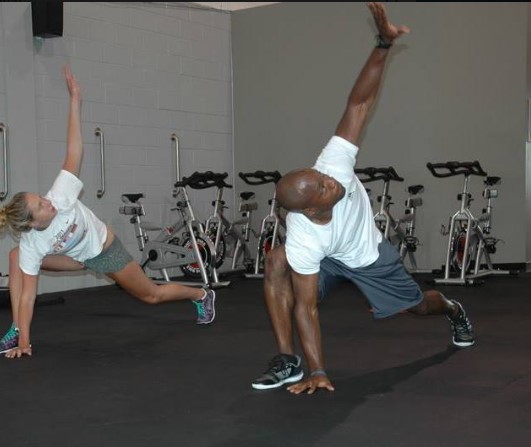
One thing that athletes at all levels struggle with is injuries. And one of the facets of your job is injury prevention, tell us about that.
Most athletes train or are trained for bigger, stronger, faster, which includes a lot of Olympic lifting. Olympic lifting works best when you have a foundation in place to support this process. But a great deal of injuries start in the weight-room in training.
My job is to build the athlete from the inside out… or ground up! This requires working on an athletes support structure, working on the intrinsic muscles, the muscle groups that support the primary muscles. Most people train the muscles you can see, I train the ones you can’t see!
I also train athletes to deal with force!
Force causes injuries, not knowing how to handle force can’t hurt you.
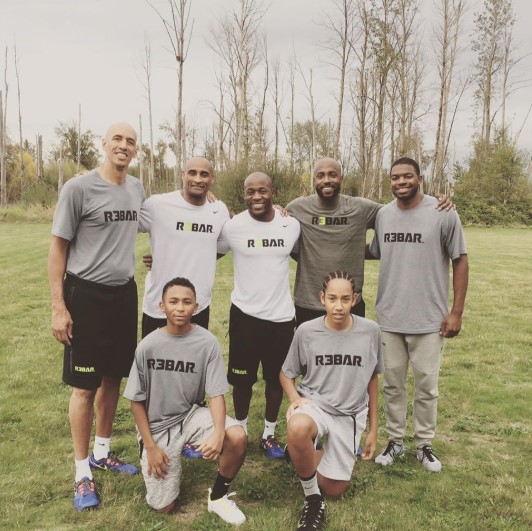
They say that your mind is the strongest muscle in your body, how do you not only motivate others but motivate yourself as well?
Motivating myself is easy!! I look for something in my environment that says “you can do better”, for example if there’s something I’m procrastinating with I’ll look at how well my son is dedicating his time to studying. Then I’ll ask myself if I can dedicate myself like he is too getting the task complete… the answer is always yes! We are all humans, if someone else is doing something chances are you can do it too… or improve upon your current status.
Motivating others vary, I need to find out where your interest lay, what are your social habits are, what your intention are with your sport, and most important what your developmental aspects are. I use all that to form my approach.
With that said motivation is overrated and doesn’t work for everyone. Creating good habits and using willpower works better than motivation. Most of the world is not ready to hear that.
[get_current_post_author_pic_and_name]
In an era that is so focused on mental health and ending the stigma surrounding mental health issues, it’s so important for professionals in high stress careers to know that there is help available, not just in tough times but to help them reach their full potential too. It was a pleasure to get some insight from Sly about what seperates the good from the great and how mental training helps! Professional athletes frequently talk about how much injuries and the fame affects them mentally, but they also talk about their winner mentality that make them the great athletes they are. When NBA Champion Metta World Peace won his first championship he ironically thanked his psychiatrist and credited her to his success! I’m grateful to have gotten to speak with Sly Walters about the role that Performance Psychologists play in the sports industry.
The Latest



